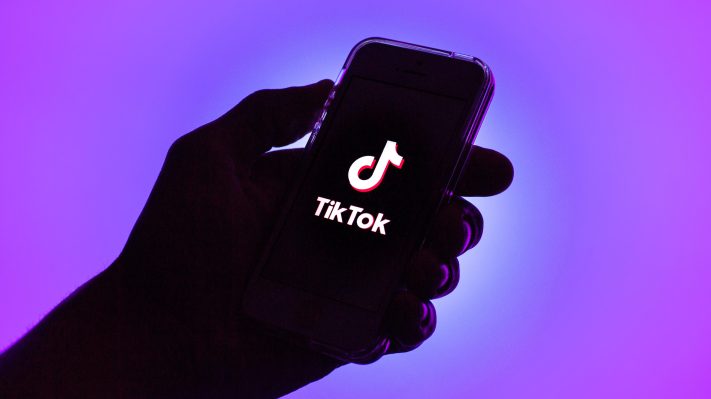Over the weekend, TikTok wrote to Republican senators to assure them that it’s working on a program called “Project Texas” to bolster data security for U.S.-based users. This was in response to the senators’ letter to the company dated June 27 that questioned its data access policy after BuzzFeed News reported some China-based employees had access to U.S. TikTok users’ data.
“The broad goal for Project Texas is to help build trust with users and key stakeholders by improving our systems and controls, but it is also to make substantive progress toward compliance with the final agreement with the U.S. government that will fully safeguard user data and U.S. national security interests,” TikTok CEO Shou Zi Chew said in the letter.
Chew hoped that the company’s response to senators’ questions in the letter will assure them that the short video app hasn’t misled Congress at any point.
While reiterating its goal of moving 100% of U.S. users’ data to Oracle’s cloud, it admitted that some China-based employees have access to this data “subject to a series of robust cybersecurity controls and authorization approval protocols overseen by our US-based security team.”
TikTok also said that ByteDance engineers across the world contribute to developing its recommendation algorithm, but its deal with Oracle will make sure that training for its AI will happen on the U.S.-based company’s cloud.
TikTok has been weathering questions and skepticism for years over how U.S. data is handled on its platform, and more generally data-sharing practices with its China arm and the impact on U.S. national security; although after the initial controversies that first surfaced when Trump was still in office and threatening to ban the app outright, some of it had died down.
In the wake of the BuzzFeed report from mid-June, however, that criticism has amplified in volume again. Last week, FCC Commissioner Brendan Carr wrote to Apple and Google about removing the short video app from their app stores over national security concerns.
